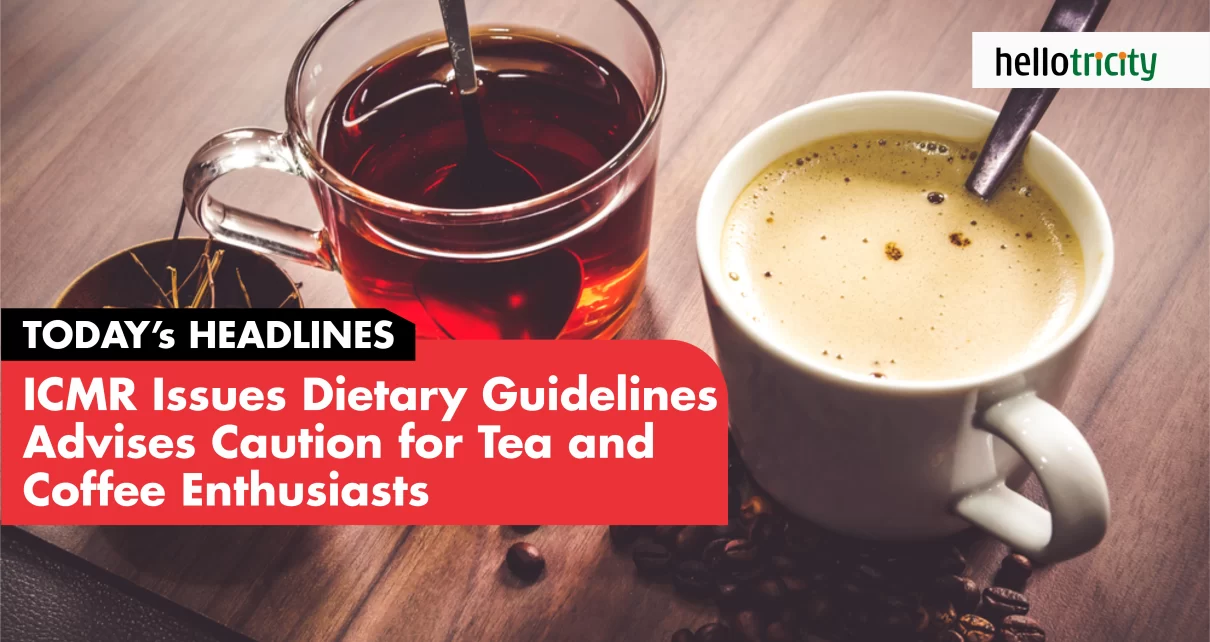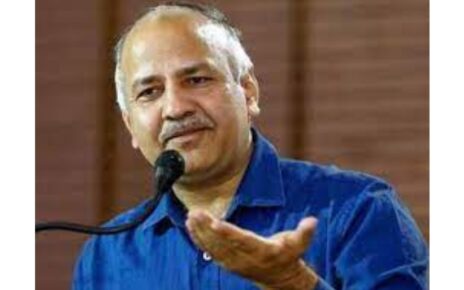The Indian populace has received new diet guidelines from the Indian Council of Medical Research in a recent release. The importance of looking at how much tea and coffee they drink has been brought out by the ICMR in partnership with the National Institute of Nutrition.
The recently published Institute of Clinical Medicine Research report (ICMR) reveals such drinks to be rich in caffeine content, a habit that is associated with multiple health risks thus caution should be taken while ingesting them; you should not take them without care; you are always advised not to consume them too much for they are harmful. Excessive consumption of caffeine can result in physical addiction; it was named as a substance acting predominantly on the central nervous system.
ICMR in particular deals with caffeine in tea and coffee by saying that black coffee has 80-120 mg of it for every 150ml brewed cup, while soluble one only has 50-65mg. For tea, it is about 30-65mg per serving. For this reason, ICMR proposes not more than 300 mg as the maximum safe amount of caffeine one can take every day.
Moreover, the dietary recommendations extend to the timing of tea and coffee consumption, advising individuals to refrain from indulging at least an hour before and after meals. This cautionary measure aims to prevent interference with iron absorption, as the presence of tannins in these beverages could potentially hinder the body’s uptake of iron, leading to iron deficiency and anaemia.
Also Read: NewsClick Founder Prabir Purkayastha Released By Supreme Court
Despite these warnings, ICMR acknowledges the potential benefits of black tea, particularly when consumed without milk. Black tea is touted for its ability to enhance blood circulation and reduce the risk of coronary artery disease and stomach cancer.
ICMR supports the intake of fruits, vegetables, lean meats, seafood products, and whole grains because it promotes better nutrition but it bans meals consisting mainly of oil, sugar, and salt, highlighting how crucial it is to follow a healthy and comprehensive dietary plan.
Issuing these dietary guidelines shows the commitment of ICMR (Indian Council for Medical Research) to public health and highlights the vitality of informed food choices in promoting a general sense of well-being. The council aims, through making people aware of what excessive consumption of tea or coffee might lead them to health-wise, to help people have appropriate decisions on their nutrition conduct so as to practice healthier lifestyles with all countrymen.




